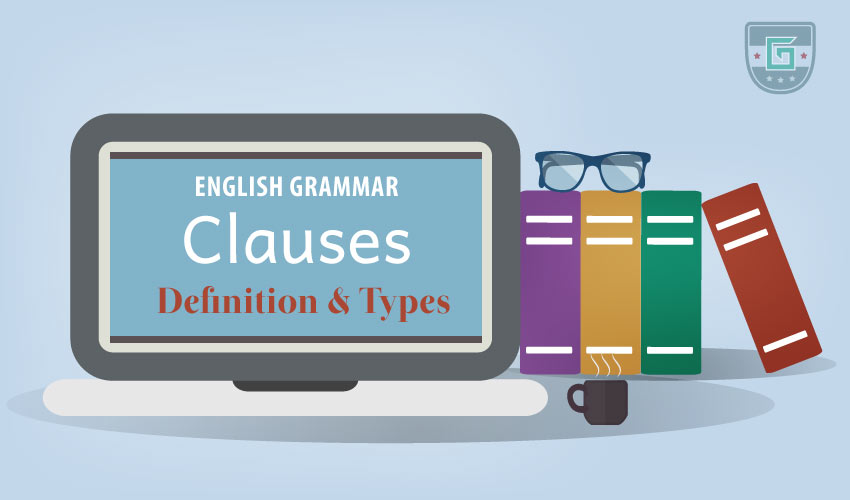I wouldn't go along with what you say.
Please note that my post was agnostic on whether the participial phrase qualifies as a clause. To say that a given phrase is
not obviously a clause is
not to say that it is
obviously not a clause. The participial phrase in question may be a clause, and it may not be a clause. That is "what I say
."
"Possibly reaching historical records" is undoubtedly a clause, a non-finite one to be precise.
Like most non-finite clauses, it doesn't have an overt subject, but we understand it as if it does. In this case, we take it to be "water levels in low-lying coastal areas".
Does understanding a phrase as if it had a subject prove that the subject is in fact part of the phrase and therefore that the phrase is itself a clause?
Let's apply your principle to a different case. A coordinated predicate (e.g., "walked across the room" in "He stood up and
walked across the room") is understood as it if had a subject. In fact, such a predicate does have a subject, but the subject is not part of the predicate; or, if it is, we must resort to a generative derivation whereby "He stood up and walked across the room" derives from "He stood up and
he walked across the room."
Would you say that "walked across the room" is a
clause in "He stood up and
walked across the room"?
The comma after "overnight" marks the clause as a supplement, a loosely attached expression set of by intonation and usually by punctuation, presenting supplementary non-integrated content.
I'm fine with all that, but what does its being a "loosely attached expression," etc., have to do with the question of whether it is a
clause?
